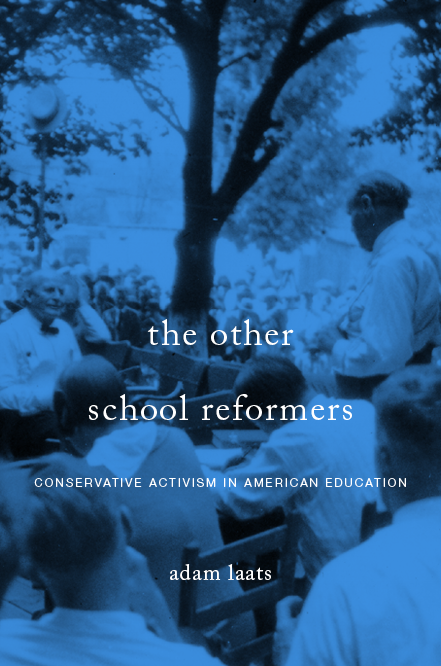Does it count as an innovative “disruption” when politicians repackage the oldest failed idea in public education financing? This time we’re talking about Tennessee Governor Bill Lee. Lee is trying to sell it as a bold new idea, but it’s really the oldest idea in public education.
Here’s what we know: Governor Lee promised to increase funding for public schools. He wants to increase teacher pay and provide more mental-health counselors for schools. So far, so good.
The problem comes when Governor Lee explained his plan to pay for these improvements. He wants to engage in what he calls “disruption” of traditional public funding models. The old methods didn’t work, Lee said, so it was time for “extraordinarily different inputs.”
What’s wrong with that? As I argued in the Washington Post about Secretary DeVos’s similar call for new approaches to school funding, this “new definition of public education” is anything but new. In fact, as I’m finding in the research for my new book about the roots of American public ed, the system we have grew out of the inadequacies of mixing private and public funding.
Back in the 1820s, cities such as Baltimore, Philadelphia, Cincinnati, and New York thought they could provide tuition-free public education for all children by mixing funding streams. They appealed to philanthropists to cough up money for this worthy cause.
It didn’t work. The money was never enough. School leaders were caught in a desperate, recurring bind. Every year, they had to plead with both legislators and philanthropists to provide enough money for basic services. Because the old system was so obviously inadequate, they successfully pushed for full public funding, enough to cover school costs.
With hindsight, the problems seem obvious. It seems obviously difficult to predict how many wealthy people will decide to give how much money for public schools.
What really stumps me is how so many leading politicians these days—it’s not only Secretary DeVos and Governor Lee—seem devoted to stubbornly ignoring those obvious lessons from our past. Not only that, they try to sell this old, failed model as a bold new program, an exciting innovation.
It almost seems as if people who don’t know their own histories are doomed to repeat them.





1 Comment